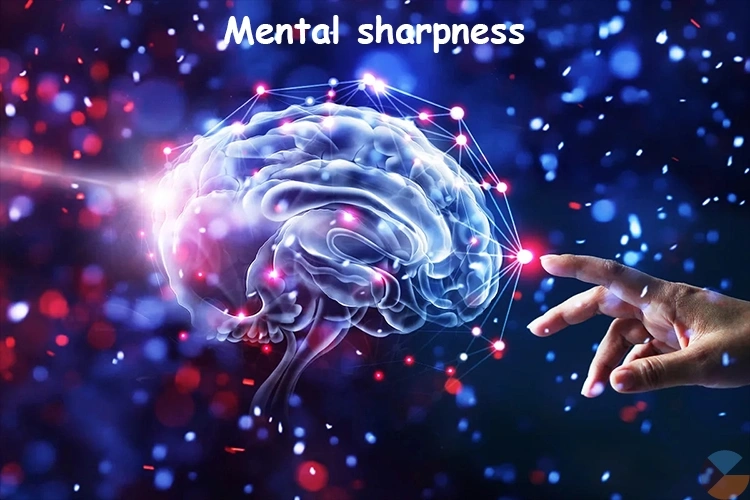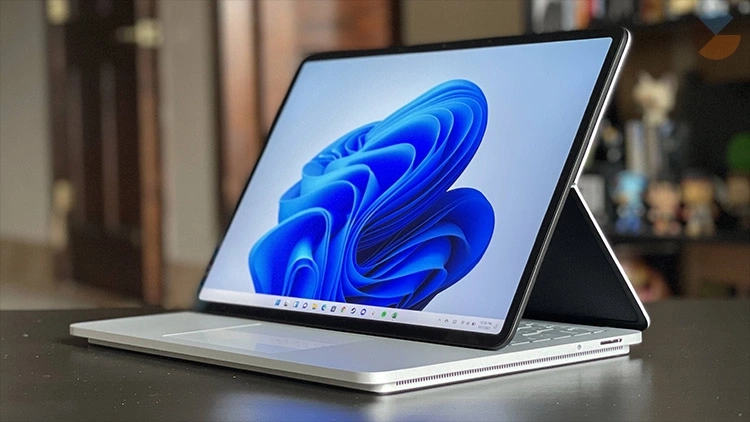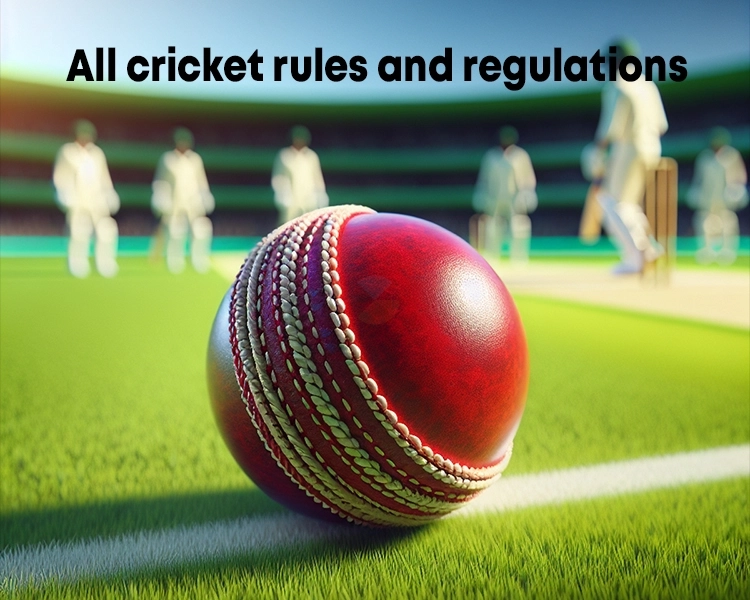Mental Sharpness: Unlocking the Power of a Focused Mind
In today's fast-paced world, mental sharpness is a prized asset. Whether you are an executive managing multiple projects, a student preparing for exams, or a senior striving to maintain cognitive health, enhancing and preserving mental sharpness is essential. This article delves into the concept of mental sharpness, exploring its significance, the factors that influence it, and practical strategies to boost and sustain it.
What is Mental Sharpness?
Mental sharpness refers to the state of being alert, focused, and able to think quickly and clearly. It encompasses various cognitive abilities, including memory, attention, problem-solving, and decision-making. A sharp mind can process information efficiently, recall details accurately, and adapt to new situations with ease. Mental sharpness is not just about intelligence; it's about how well your brain functions in everyday life.
The Importance of Mental Sharpness
Maintaining mental sharpness is crucial for several reasons:
- Productivity: A sharp mind can manage tasks more efficiently, leading to higher productivity in both professional and personal life.
- Decision-Making: Mental sharpness enhances your ability to make sound decisions quickly, which is vital in critical situations.
- Problem-Solving: With heightened mental sharpness, you can approach problems creatively and find effective solutions.
- Memory: Mental sharpness supports better memory retention and recall, helping you remember important information and experiences.
- Adaptability: A sharp mind is better equipped to adapt to new challenges and changes in the environment.
- Emotional Health: Mental sharpness contributes to emotional stability by enabling better control over thoughts and reactions.
Factors That Affect Mental Sharpness
Several factors can influence mental sharpness, both positively and negatively:
1. Age
As we age, cognitive functions naturally decline. This decline can impact mental sharpness, making it harder to stay focused and recall information. However, age-related cognitive decline can be mitigated through a healthy lifestyle and mental exercises.
2. Diet
Nutrition plays a significant role in maintaining mental sharpness. A diet rich in antioxidants, omega-3 fatty acids, vitamins, and minerals supports brain health. Conversely, a diet high in processed foods, sugars, and unhealthy fats can impair cognitive function.
3. Physical Activity
Regular physical exercise is crucial for mental sharpness. Exercise increases blood flow to the brain, promotes the growth of new neurons, and enhances cognitive function. Sedentary lifestyles, on the other hand, can lead to cognitive decline.
4. Sleep
Adequate sleep is essential for mental sharpness. During sleep, the brain processes and consolidates information from the day, repairs cells, and clears toxins. Lack of sleep can impair memory, focus, and decision-making.
5. Stress
Chronic stress can negatively impact mental sharpness. It can lead to brain fog, memory problems, and difficulty concentrating. Managing stress through relaxation techniques, such as meditation or deep breathing, is vital for maintaining cognitive health.
6. Mental Stimulation
Engaging in activities that challenge the brain can enhance mental sharpness. Reading, puzzles, learning new skills, and other mentally stimulating activities keep the brain active and promote cognitive function.
Strategies to Enhance Mental Sharpness
Enhancing mental sharpness involves adopting a holistic approach that addresses various aspects of lifestyle. Here are some practical strategies to boost and sustain mental sharpness:
1. Exercise Regularly
Physical activity is one of the most effective ways to enhance mental sharpness. Aerobic exercises, such as walking, running, and swimming, increase blood flow to the brain and promote the growth of new neurons. Strength training and balance exercises also contribute to cognitive health by reducing the risk of falls and injuries.
2. Eat a Brain-Boosting Diet
A diet rich in brain-boosting nutrients can significantly impact mental sharpness. Foods like fatty fish, nuts, seeds, berries, and leafy greens are packed with omega-3 fatty acids, antioxidants, and other nutrients that support cognitive function. Incorporating these foods into your daily diet can help protect against cognitive decline and enhance brain performance.
3. Get Quality Sleep
Sleep is crucial for maintaining mental sharpness. Aim for 7-9 hours of quality sleep each night. Establish a regular sleep routine, create a relaxing bedtime environment, and avoid screens before bed to improve sleep quality. Good sleep hygiene ensures that your brain gets the rest it needs to function optimally.
4. Manage Stress
Chronic stress can take a toll on mental sharpness. Practice stress management techniques such as mindfulness meditation, deep breathing exercises, and yoga. These practices can help calm the mind, reduce anxiety, and improve focus and concentration.
5. Stay Mentally Active
Keeping your brain engaged with challenging activities is essential for enhancing mental sharpness. Try solving puzzles, playing chess, learning a new language, or taking up a new hobby. These activities stimulate different parts of the brain and promote neuroplasticity, the brain's ability to adapt and reorganize itself.
6. Socialize
Social interactions are important for maintaining mental sharpness. Engaging in meaningful conversations, participating in group activities, and maintaining strong social connections can help keep your mind active and reduce the risk of cognitive decline.
7. Practice Mindfulness
Mindfulness involves paying attention to the present moment without judgment. Practicing mindfulness can improve mental sharpness by enhancing focus, reducing stress, and promoting a positive outlook. Incorporate mindfulness into your daily routine through meditation, mindful breathing, or simply paying attention to your surroundings.
8. Stay Hydrated
Dehydration can impair cognitive function and reduce mental sharpness. Ensure you drink enough water throughout the day to stay hydrated. Limit caffeine and alcohol, which can lead to dehydration and negatively impact cognitive performance.
9. Limit Multitasking
Multitasking can reduce mental sharpness by dividing your attention and leading to cognitive overload. Focus on one task at a time, and give it your full attention. This approach enhances productivity and improves the quality of your work.
10. Take Regular Breaks
Taking breaks is essential for maintaining mental sharpness. Short breaks during work or study sessions can prevent mental fatigue and improve focus. The Pomodoro Technique, which involves working for 25 minutes followed by a 5-minute break, is an effective way to maintain mental sharpness throughout the day.
Mental Sharpness Across Different Life Stages
Mental sharpness varies across different life stages, and it's important to adapt strategies to suit your age and lifestyle.
1. Mental Sharpness in Childhood
During childhood, mental sharpness is characterized by rapid cognitive development. Activities that stimulate curiosity, creativity, and problem-solving skills are essential. Encouraging children to read, explore new interests, and engage in educational games can enhance their mental sharpness.
2. Mental Sharpness in Adulthood
In adulthood, maintaining mental sharpness involves balancing work, family, and personal life. Managing stress, staying physically active, and continuing to learn new skills are crucial. Adults should prioritize mental stimulation, healthy eating, and regular exercise to keep their minds sharp.
3. Mental Sharpness in Older Adults
As we age, maintaining mental sharpness becomes more challenging but also more critical. Older adults should focus on staying socially active, engaging in mental exercises, and maintaining a healthy lifestyle. Regular check-ups with healthcare providers can also help monitor cognitive health and address any concerns early.
The Role of Technology in Mental Sharpness
Technology can be both a boon and a bane for mental sharpness. On the positive side, apps and online platforms offer brain-training exercises, memory games, and other cognitive-enhancing tools. These can be beneficial in maintaining and improving mental sharpness.
However, excessive use of technology, particularly smartphones and social media, can impair mental sharpness by causing distractions and reducing attention spans. It's important to strike a balance by using technology mindfully and taking regular breaks from screens.
The Future of Mental Sharpness
As research into cognitive health continues, new strategies and interventions to enhance mental sharpness are likely to emerge. Advances in neuroscience, nutrition, and technology hold promise for developing personalized approaches to maintaining cognitive function throughout life.
In the future, we may see the rise of nootropics (cognitive-enhancing drugs), brain-computer interfaces, and other innovations designed to boost mental sharpness. While these developments are exciting, it's important to remember that lifestyle factors—such as diet, exercise, and mental stimulation—remain the foundation of cognitive health.
Conclusion
Mental sharpness is a valuable asset that affects every aspect of life. Whether you are striving for success in your career, seeking to maintain cognitive health as you age, or simply aiming to live a more fulfilling life, enhancing and preserving mental sharpness should be a priority.
By adopting a holistic approach that includes regular exercise, a brain-boosting diet, quality sleep, stress management, and mental stimulation, you can boost your mental sharpness and enjoy a more focused, productive, and fulfilling life. Remember, a sharp mind is not just a gift—it's a result of consistent effort and mindful living.









 Ingning
Ingning







